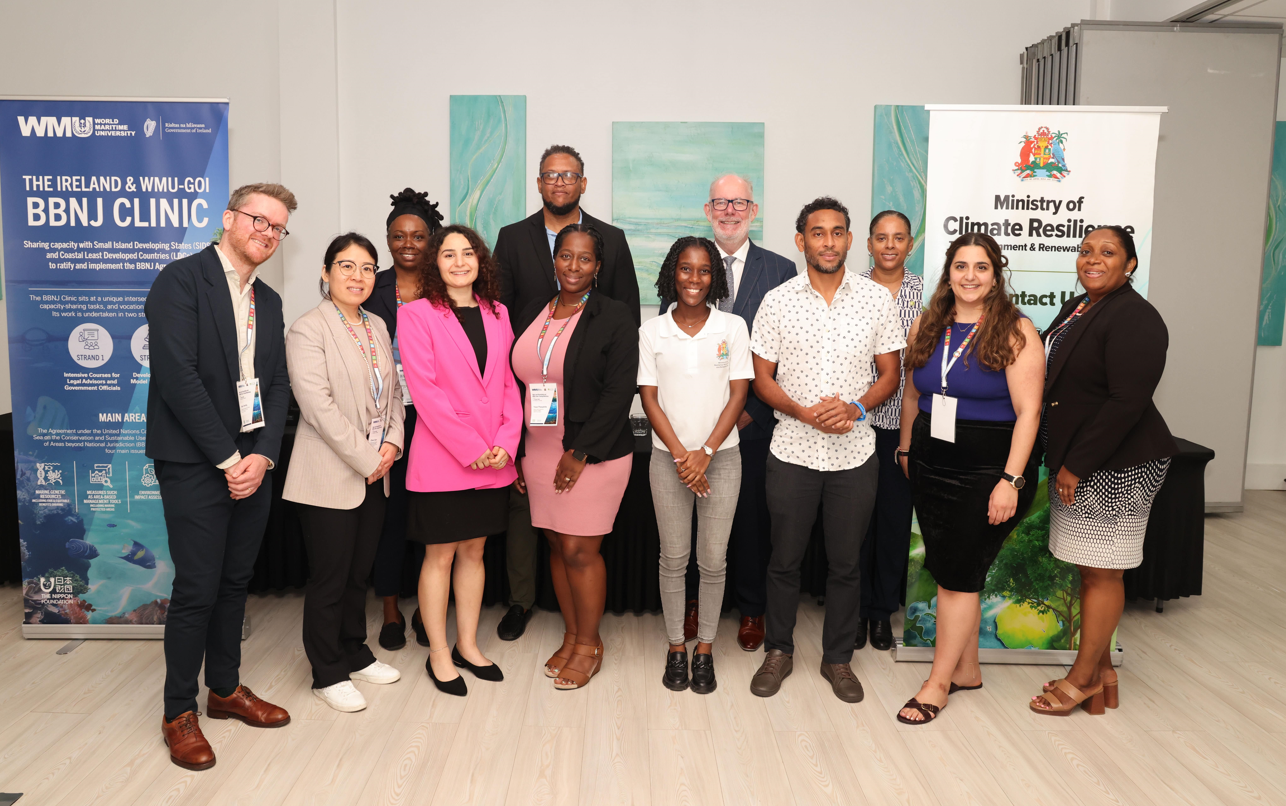
From 7–10 April 2025, the World Maritime University (WMU)–Sasakawa Global Ocean Institute (GOI), in collaboration with the Government of Grenada and the Organisation of Eastern Caribbean States (OECS) Commission, hosted a hybrid High-Level Roundtable and BBNJ Clinic Training Workshop in St George’s, Grenada. The event was organized within the framework of the Ireland WMU–GOI BBNJ Clinic Programme, generously funded by the Government of Ireland through the Irish Aid Programme.
High Level Roundtable and BBNJ Clinic Training Workshop
From Agreement to Action: Strengthening Eastern Caribbean SIDS leadership in the BBNJ ratification process
The High level Roundtable and the BBNJ Clinic Training Workshop, entitled “From Agreement to Action: Strengthening Eastern Caribbean SIDS Leadership in the BBNJ Ratification Process,” was a practical, capacity-sharing initiative aimed at addressing the specific needs of Caribbean States regarding the ratification and implementation of the Biodiversity Beyond National Jurisdiction (BBNJ) Agreement.
High Level Roundtable
The event commenced on 7 April with a High-Level Roundtable, featuring keynote addresses by:
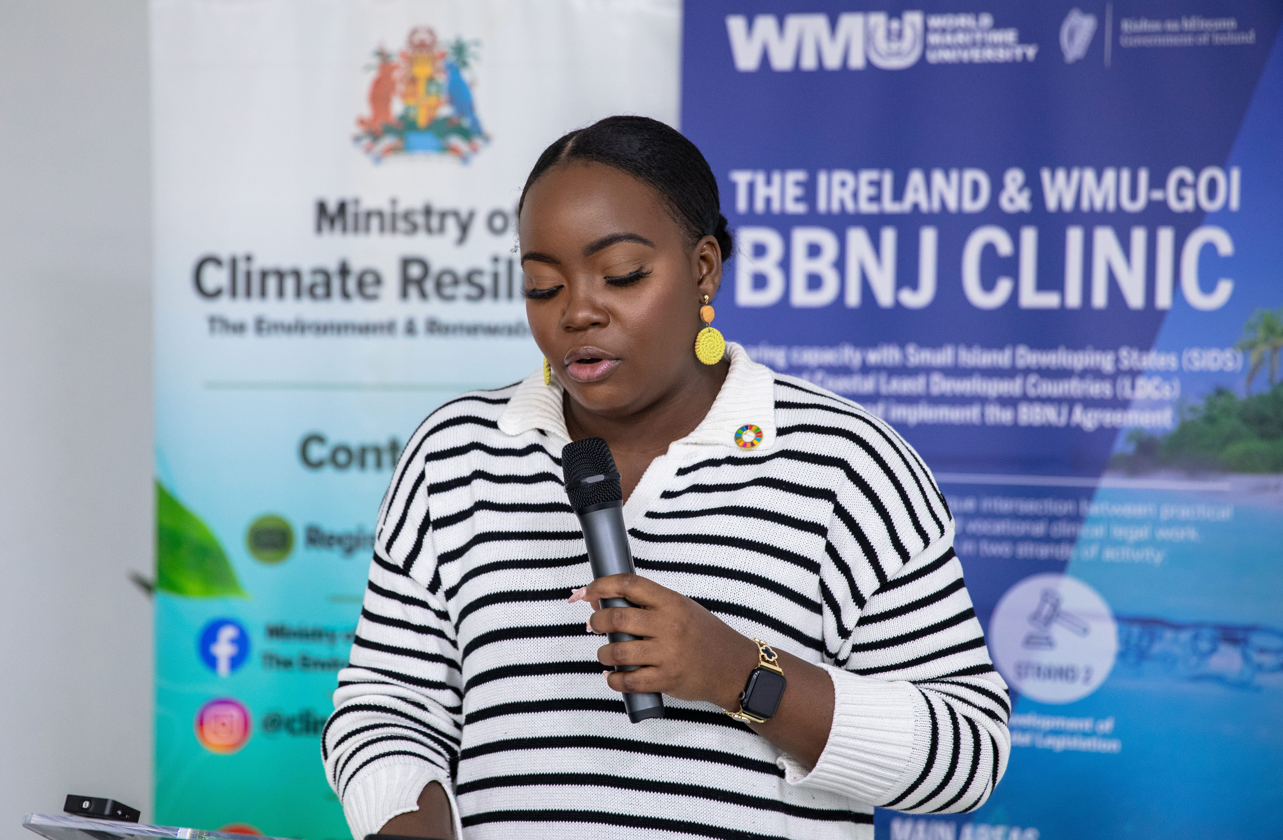
©Government of Grenada
Following a roundtable panel discussion was held which highlighted the importance of regional leadership and cooperation in advancing the objectives of the BBNJ Agreement.
technical workshop
On 8 April, the Technical Workshop Programme commenced with sessions focused on key aspects of the BBNJ Agreement, the ratification and implementation process as well as a session on “Sources of External Support for Ratification and Implementation”, that included key experts from:
It demonstrated a shared understanding of the transformative potential of the BBNJ Agreement, relying on strengthened cooperation, inclusive participation, and innovative financing solutions.
Another key session was the presentations by Caribbean SIDS country representatives that showcased the challenges and significant strides made toward ratifying the BBNJ Agreement.
Following this, the group was guided through interactive discussions to explore how ratifying the BBNJ Agreement can advance Caribbean SIDS' policy priorities, highlighting blue economy gains from marine genetic resources, benefit-sharing, and sustainability tools like area-based management tools and environmental impact assessments, as well as on the initial legislative steps Caribbean SIDS may take after ratifying the BBNJ Agreement.
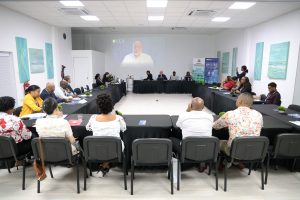
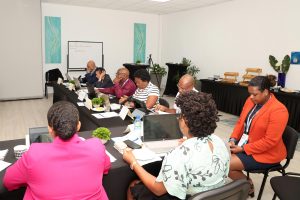
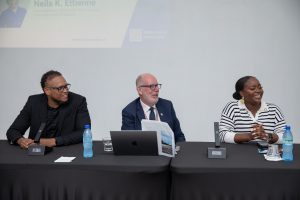
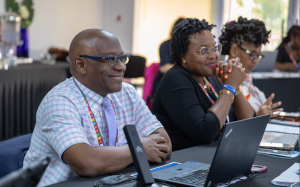
©OECS Communications Units & Government of Grenada
strategy session
On 9 April, the workshop focused on interactive group discussions and roundtable exchanges on legislative drafting according to topical ‘provision clusters’ to identify key topics that will demand legislative work once implementation begins.
The first addressed “Legislating to Require Notification of Marine Genetic Resource and Digital Sequence Information Activities and the Sharing of Benefits.” The second explored “Adapting National Environmental Impact Assessment Processes to Implement Assessments of Activities in Areas Beyond National Jurisdiction (ABNJ).”
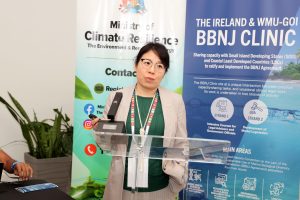
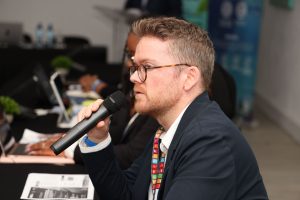
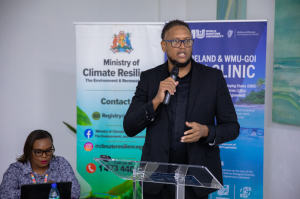
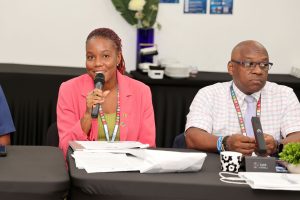
©OECS Communications Units & Government of Grenada
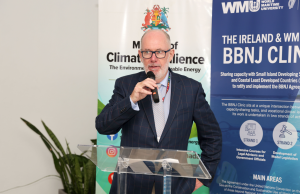
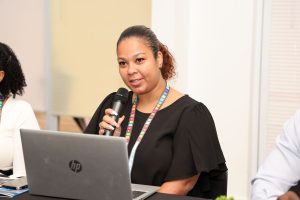
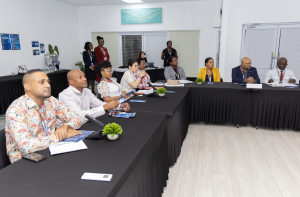
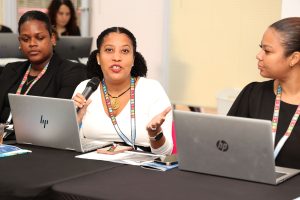
©OECS Communications Units & Government of Grenada
The event brought together a broad network of experts including legal professionals, government officials, and representatives from international, intergovernmental and Non-profit organisations. With 62 participants in total – 35 onsite and 27 online, of which 64.5% were female. The event also engaged alumni from WMU in OECS member states, CARICOM, and Central America.
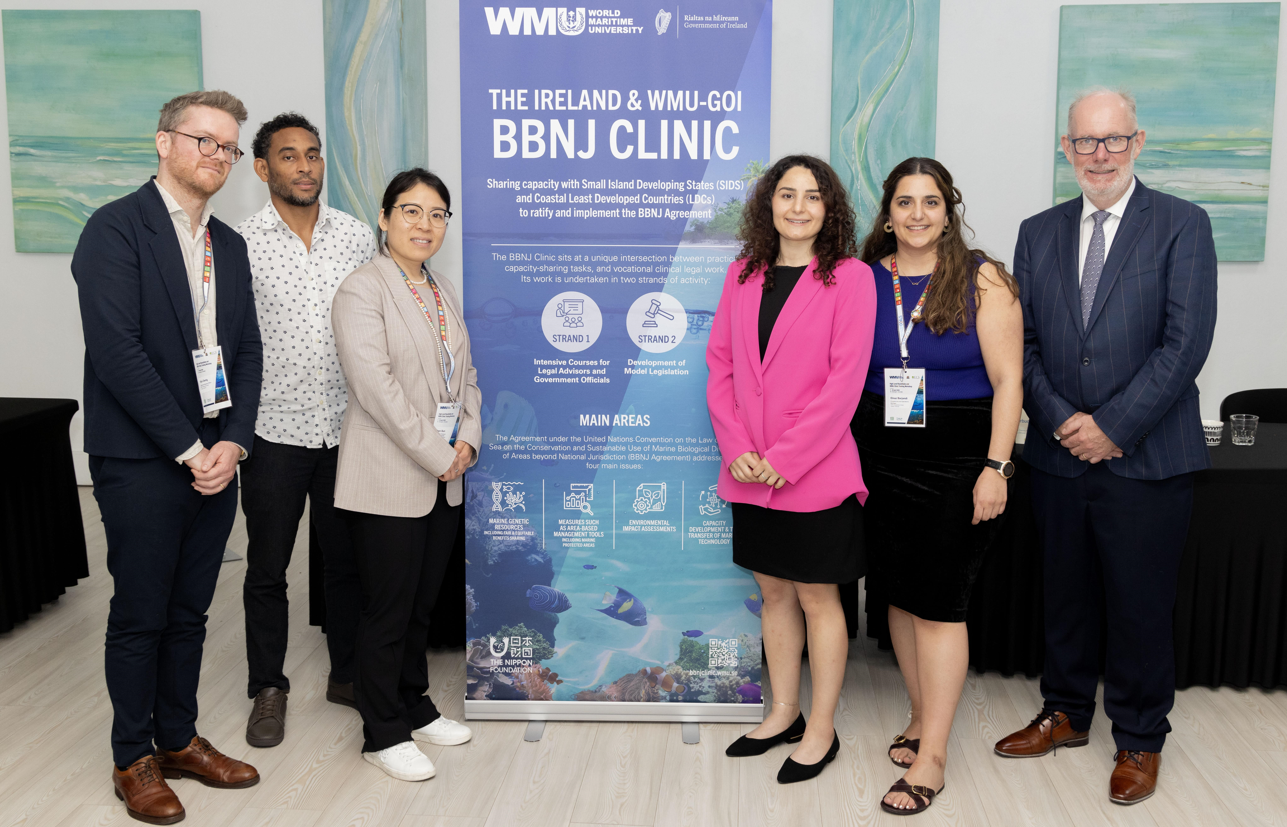
©OECS Communications Units
ACCESS THE post event material below
Post event material to the High Level Roundtable and BBNJ Clinic Training Workshop in St George's, Grenada, 7-10 April 2025
ABOUT THE wmu-sasakawa global ocean institute
The World Maritime University (WMU)-Sasakawa Global Ocean Institute (GOI) is an independent focal point for the ocean science-policy-law-industry-society interface where policymakers, the scientific community, regulators, industry actors, academics, and representatives of civil society meet to discuss how best to manage and use ocean spaces and their resources in accordance with the United Nations 2030 Agenda for Sustainable Development. The Institute was inaugurated in May 2018 and made possible through generous support from The Nippon Foundation of Japan, the Governments of Sweden, Canada, and Germany, as well as the City of Malmö.
About the World Maritime University
The World Maritime University (WMU) in Malmö, Sweden is established within the framework of the International Maritime Organization, a specialized agency of the United Nations. The mission of WMU is to be the world centre of excellence in postgraduate maritime and oceans education, professional training and research, while building global capacity and promoting sustainable development. WMU is an organization by and for the international maritime community and is committed to the United Nations 2030 Agenda for Sustainable Development.
ABOUT THE future ocean PROGRAMME
The Future Ocean Programme is funded by The Nippon Foundation and aims to generate knowledge and understanding of how law, political science, and public policy are used to effect change in humanity’s relationship with the ocean to combat the triple planetary crisis of biodiversity loss, climate change and pollution.
